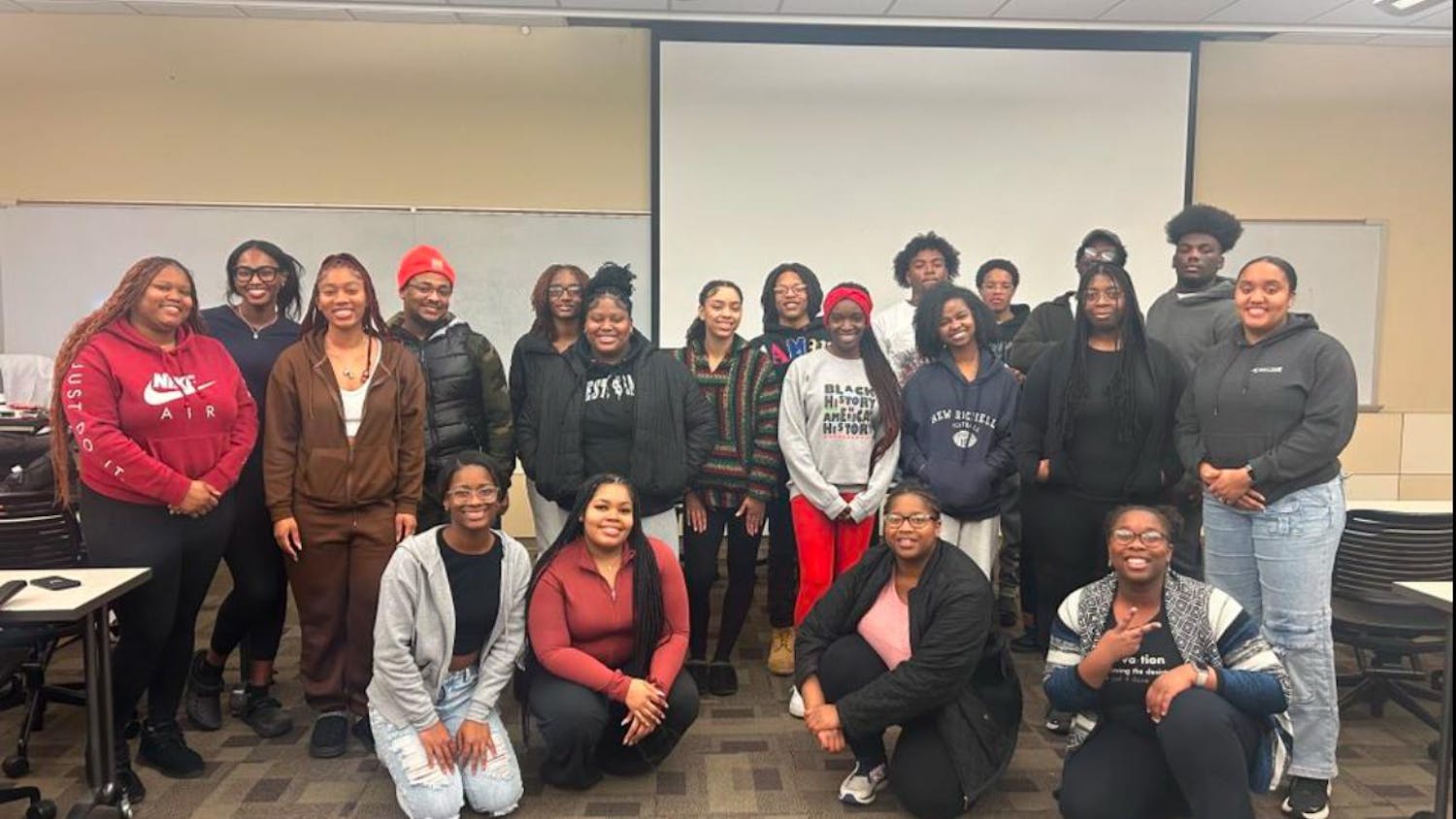From 2014 to 2016, the number of reported rapes on Wright State’s campus dropped from 14 to 2, according to an October 2017 crime report. The Lake Campus reported zero incidents from 2014 to 2016.
Wright State holds several offices for the types of harassment students may face along with the enforcement of Title IX.
Title IX, the Gender Based Harassment and Violence Policy, applies to university employees, students, and those that perform work on property of the school.
The office of Community Standards and Student Conduct, which enforces Title IX, is a place where students can make a report and find the resources they need to move forward.
When a report is made and the student wants to pursue the student conduct process, a panel is created by the Student Conduct office.
The panel is gathered on average two to three times a year, according to Chris Taylor, Director Community Standards and Student Conduct. “This is a vastly unreported issue in crime,” said Taylor.
Every 98 seconds, one American is sexually assaulted, according to a Rape, Abuse & Incest National Network (RAINN).
RAINN also reported that 1 out of every 6 American women has been the victim of an attempted or completed rape in their lifetime and 1 in 33 American men have experienced an attempted or completed rape in their lifetime.
Title IX gives brief definitions of discrimination and forms of assault and violence. The policy discourages professional role based power relationships but states that if a relationship is formed that it must be reported to an immediate supervisor.
“In many years since we have had an AAUP chapter and contract (since 1998), we have not had any cases,” said AAUP-WSU President Martin Kich. “We absolutely encourage all victims to speak up, and we support the university's treating these cases with the utmost seriousness.”
The American Association of University Professors does hold an agreement that differs from the Title IX in handling of sexual harassment and assault.
According to Kich, the AAUP will defend the faculty rights under the contract, but not the individual faculty member.
“Specifically, if a complaint is filed against a faculty member for sexual harassment, sexual impropriety, or sexual assault (or any other type of unprofessional behavior), we insure that the
faculty member receives the due process defined in the contract, but it is the faculty member's responsibility to retain an attorney to provide any sort of personal legal advice or legal defense,” said Kich.
Students can report assault or harassment to the Police Department or Student Conduct. If a student is assaulted or harassed by a faculty member, or if a faculty member is victimized, it is taken to the Office of Equity and Inclusion.
“As hard as it is to report it, I think it’s important to report,” said Taylor. “I get all the reasons why a person may not want to do that. It’s not easy and it’s a difficult thing to sit through but it’s important. It’s the only way things will change and we can adjudicate it.”












